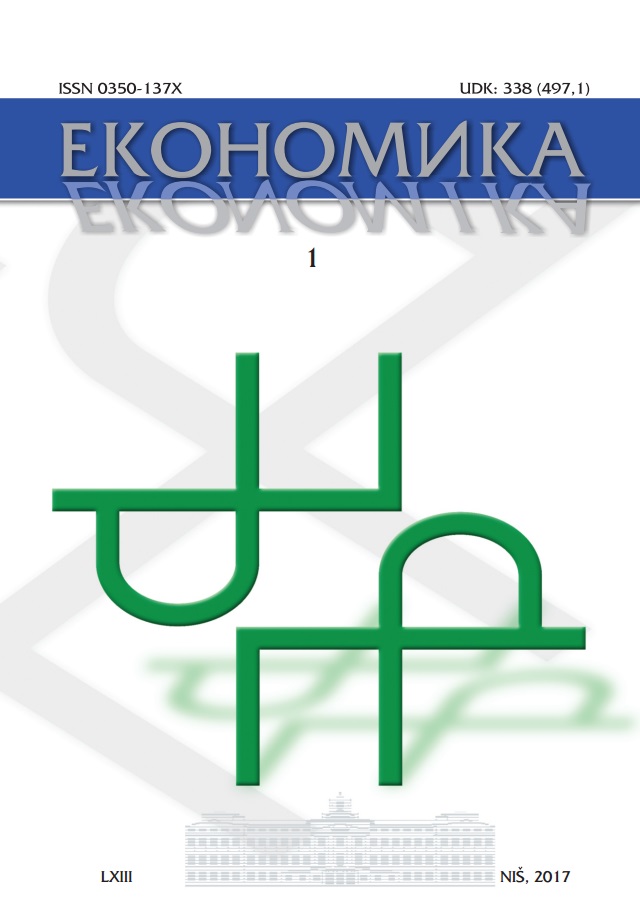Applying fair value accounting in making financial reports in Serbia
Applying fair value accounting in making financial reports in Serbia
Author(s): Jugoslav Aničić, Miloje A. Jelić, Borivoje B. ProkopovićSubject(s): Financial Markets, Socio-Economic Research
Published by: Društvo ekonomista "Ekonomika" Niš
Keywords: fair value; historical costs; financial reporting;
Summary/Abstract: Applying of fair value accounting is primarily put into operation to satisfy investor’s needs for information. The basic idea here is that balance sheet represents the economic reality, which means that assets, obligations and capital are expressed at fair value, which in terms of active and liquid market best reflects market prices. The effects of applying fair value are reflected through the income statement and thus measurement results become a consequence of capital measurement. In conditions of stable prices and an active market, applying fair value is not accompanied by bigger problems. The reason behind this is that valuation of assets and liabilities are carried out at current market prices. The problem occurs in conditions of inactive and illiquid markets. In this circumstances, estimating according to fair value requires the use of different assessment techniques, which represent a potential source of inaccuracy.Furthermore, by applying fair value in times of financial crisis the problem ofprocyclical effects can occur. The growth of financial markets and prices encourages the purchase of securities at higher prices. This can contribute to the creation of speculative bubbles, and in times of crisis and fall in prices may encourage sale at lower prices, deepening the crisis.
Journal: Економика - Часопис за економску теорију и праксу и друштвена питања
- Issue Year: 2016
- Issue No: 4
- Page Range: 167-173
- Page Count: 6
- Language: English

